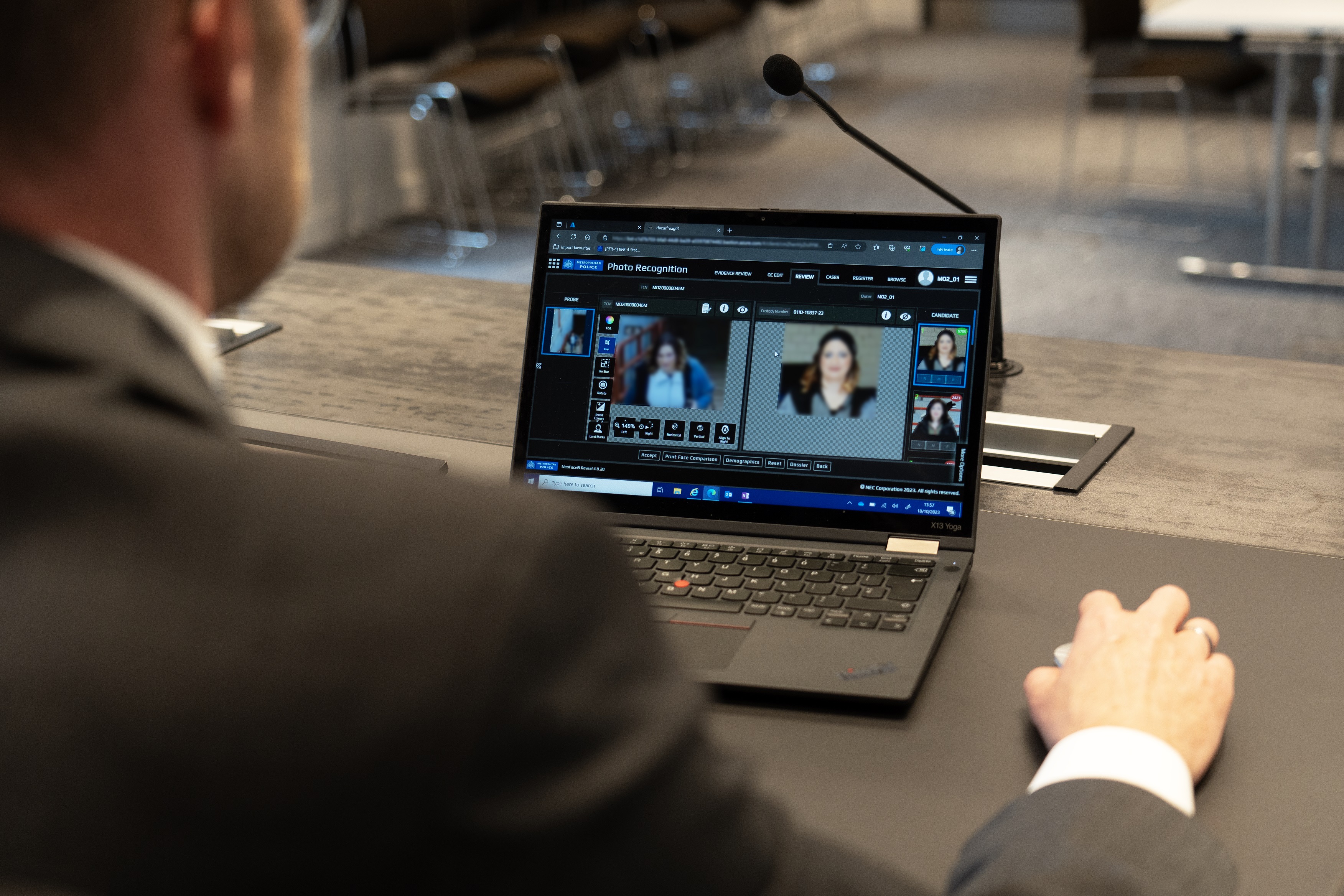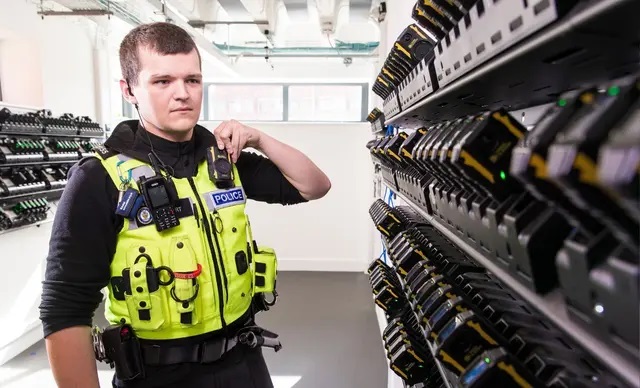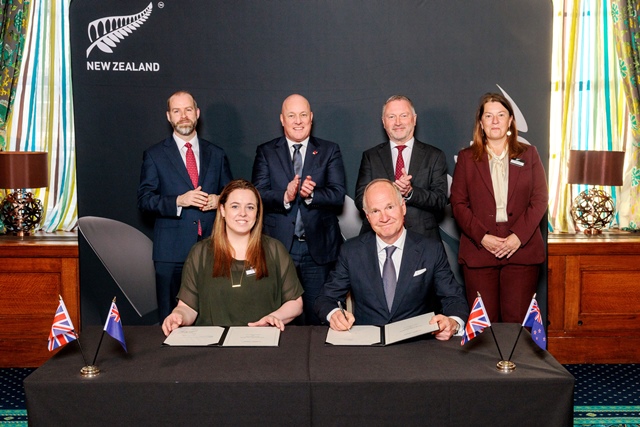Met's Live Facial Recognition tech guided by data

Image courtesy The Metropolitan Police
The Met is continuing to remove harmful criminals from the streets of London with the assistance of Live Facial Recognition technology following 12 arrests on Tuesday (9th April).
During the early hours of Tuesday morning officers arrested a man who breached his sexual harm prevention order following an alert at a previous deployment in Clapham.
Later that day officers made 11 arrests at two deployments in Sutton and Woolwich, one of which included a man who was wanted for possession of an offensive weapon and was found to be carrying a knife when stopped by officers.
The 11 arrests were for:
- A man wanted for possession of an offensive weapon and breach of tag. He was also found in possession of a knife during a search (mentioned above).
- A man wanted for burglary, robbery, two counts of theft and failure to comply with a supervision order.
- A man wanted for theft of £37,000
- A man arrested for breaching the terms of his sexual harm prevention order.
- A woman wanted for malicious communications.
- A man wanted for theft and possession of an offensive weapon.
- A man wanted for burglary and theft.
- A man wanted for threatening behaviour.
- A man wanted for threatening behaviour.
- A man wanted for threats to cause criminal damage.
- A man wanted for criminal damage.
A bespoke watchlist is created for each deployment, focusing on people who are wanted or to ensure others are complying with their conditions as set out by a court.
Lindsey Chiswick, who is the Met’s director of intelligence said: “As part of A New Met for London, which everyone across the organisation is committed to, we are guided by data. The data for our deployments is available to the public and shows the technology is outperforming what an independent study predicted. Reports into law enforcement use of this technology found the public are mostly supportive of it and that is the feedback we receive when they speak with officers at deployments.
“It’s vital we bring communities in London with us so we are continuing work with independent advisory groups and invite them to deployments.
“I will continue to reassure Londoners that all biometric data where there is not a match is deleted within a second and cannot be retrieved by police.”
Facial Recognition (FR) technology can be used in a number of ways by the Met, including to prevent and detect crime, find wanted criminals, safeguard vulnerable people and to protect people from harm.
Whilst the Met provides a lot more detail about the terms they use, as well as how and where FR is used by the Met, the typical uses of FR technology for policing are:
- as a real-time aid to help officers to help them locate people on a ‘watchlist’ who are sought by the police
- as an operator initiated tool for officers who decide they need to take an image of a person and then use Facial Recognition software to help them establish who that person is. This helps the police even if that person provides false or misleading details. This use of FR can also help provide an identification of someone who is unconscious or seriously injured and unable to communicate who they are
- as a retrospective system to be used after an event to help officers establish who a person is or whether their image matches against other media held on databases.
Live Facial Recognition
LFR cameras are focused on a specific area; when people pass through that area their images are streamed directly to the Live Facial Recognition system.
This system contains a watchlist: a list of offenders wanted by the police and/or the courts, or those who pose a risk of harm to themselves or others. Further details of who can be on a watchlist and how the Met carefully decides where to use LFR can be found in its Standard Operating Procedures for LFR.
LFR is not a ubiquitous tool that uses lots of CCTV cameras from across London to track every person’s movements. It is a carefully deployed overt policing tactic to help locate a limited number of people the police need to find in order to keep London safe.
For more information about the Met's use of Live Facial Recognition technology, click here.











